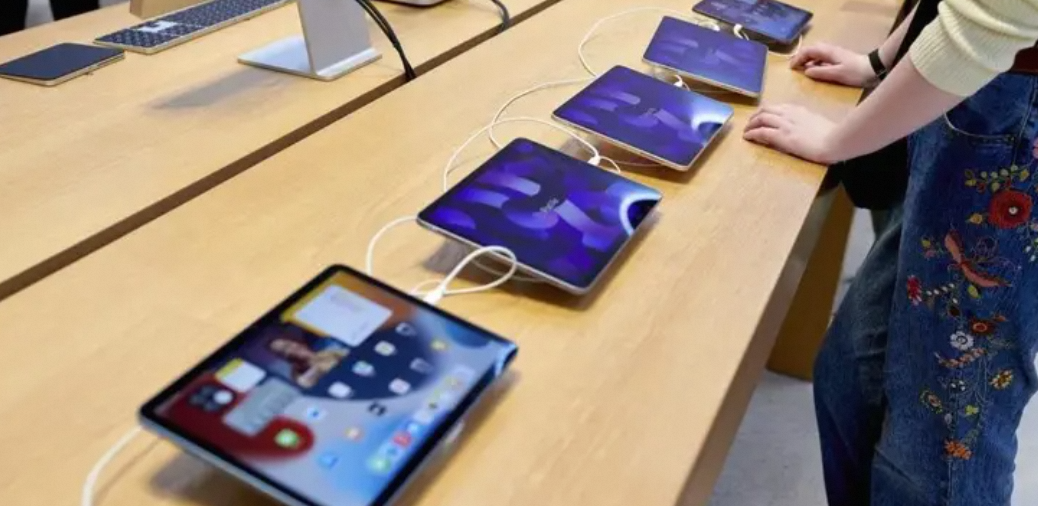Introduction
In the world of technology, few names command as much respect and recognition as Apple. From the revolutionary iPhone to its closed ecosystem of devices and services, Apple has built an empire admired globally for innovation, design, and user loyalty. However, history has shown that no tech giant is invincible. The story of Nokia, once a dominant force in mobile phones, serves as a cautionary tale. Surprisingly, there are growing concerns among analysts and industry insiders that Apple could one day face a similar fate if it fails to adapt to evolving market dynamics.
The Fall of Nokia: A Lesson in Complacency
Nokia was once synonymous with mobile phones, commanding nearly 40% of the global market at its peak in the mid-2000s. However, the company failed to anticipate the rapid shift toward smartphones driven by touchscreens, internet integration, and app-based ecosystems. Its reluctance to transition from Symbian OS to more adaptable platforms like Android, and its late embrace of innovation, led to a dramatic decline. In a matter of years, Nokia’s dominance vanished, and it became a cautionary symbol of what happens when tech companies rest on past success.
Apple’s Current Position
Apple is currently one of the most valuable companies in the world, with a diversified portfolio that includes hardware like iPhones, iPads, Macs, and services such as iCloud, Apple Music, and the App Store. Its tightly integrated ecosystem has created a loyal user base, and its reputation for privacy and user experience remains strong. Despite this, cracks are beginning to appear in its foundation, particularly in the form of stagnating innovation and growing market competition.
Innovation Slowdown and Overreliance on the iPhone
One of the primary concerns is Apple’s heavy dependence on the iPhone for revenue. While the company has made efforts to diversify its offerings, the iPhone still accounts for more than half of its total income. The last few iterations of the iPhone have been criticized for lacking groundbreaking changes, with many upgrades being incremental rather than revolutionary.
This mirrors Nokia’s trajectory, where its dominance made it slow to embrace meaningful innovation. If Apple continues to focus on incremental improvements instead of transformative changes, it risks losing its edge, especially in markets like China and India, where consumers are more price-sensitive and competition is fierce.
Emerging Competition and Market Shifts
Competitors like Samsung, Google, and a rising wave of Chinese manufacturers including Xiaomi and OnePlus are aggressively challenging Apple’s market share. These companies are producing high-performance smartphones with cutting-edge features at more competitive prices. In addition, foldable phones and AI-driven smart devices are defining the next chapter of consumer technology.
Apple’s cautious approach toward such innovations may cause it to lag behind. While the company has invested in AI and mixed reality, its conservative rollout of new technologies could cost it relevance in fast-moving markets. If Apple doesn’t adapt quickly, it may follow a path eerily similar to Nokia’s — from dominance to decline.
Regulatory Challenges and Ecosystem Pressure
Apple is also facing mounting regulatory scrutiny across the globe. From the European Union’s Digital Markets Act targeting App Store practices to antitrust probes in the United States, pressure is building on Apple to open up its ecosystem. These changes could significantly weaken one of Apple’s biggest competitive advantages — its tightly controlled hardware-software integration.
Much like Nokia, which relied too heavily on its proprietary platforms, Apple may find that its resistance to open standards and interoperability could alienate users and developers alike. If the company is forced to loosen its grip, it could struggle to maintain the same level of control, security, and brand loyalty it currently enjoys.
Changing Consumer Expectations
Consumer behavior is rapidly evolving. Younger generations are more inclined to explore alternative brands and demand greater value for money. The allure of brand prestige, which once gave Apple an edge, is waning in an era of rapid innovation and economic uncertainty. If Apple fails to align its product strategies with shifting consumer expectations, it risks becoming disconnected from the very market it helped create.
